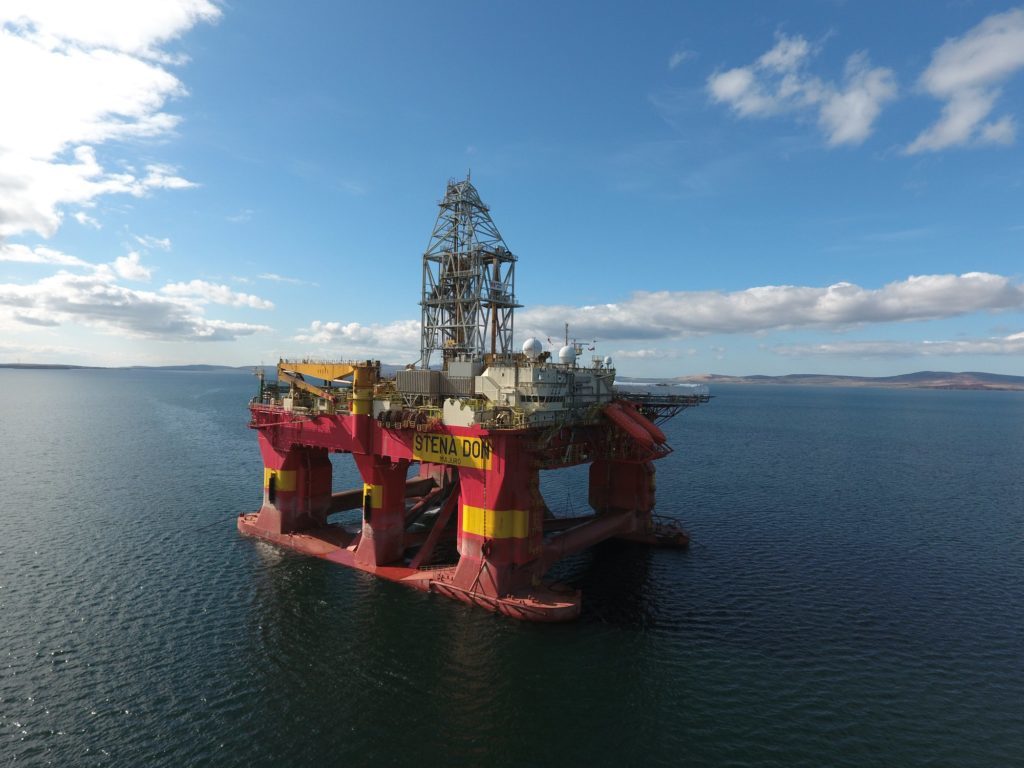
Stena Drilling has settled a North Sea rig layoffs case in Norway out of court ahead of a linked employment tribunal in the UK.
Norwegian courts sided with the Industri Energi (IE) and SAFE unions last year that the dismissal of the 188-strong crew of the Stena Don when it moved from Norway to the UK sector had breached the country’s employment rights.
Unions were meant to meet the firm in court again this month to decide compensation for its members who lost work, but have instead settled out of court.
Stena Drilling has always maintained that it did not breach employment law with the move, and had won the initial case before the decision was reversed on appeal.
The firm said it is pleased to have reached a settlement and hopes it can reach a similar deal ahead of an employment tribunal over a similar issue in the UK next month led by RMT and IE.
The Stena Don lost a contact with Statoil in 2016 and shortly after was moved to the UK for cold stacking, with the company arguing it could not afford to keep on a full crew.
However, shortly afterwards it won work with Total in the West of Shetland and 38 of 188 crew remained.
RMT and IE say these 38 workers were not made redundant, but had their contract with the Norwegian arm, Stena Drilling AS, terminated and put on zero years’ service through a new contract with another arm of Stena Drilling, impacting their pay and benefits.
Both unions argue this constitutes a TUPE transfer and are taking the issue to tribunal next month in order to set a precedent for protection of workers’ rights across both sectors on the North Sea.
Stena Drilling CEO Erik Ronsberg said: “We’re pleased to have settled with the Safe and Industri Energi unions in Norway regarding the Stena Don TUPE case.
“We won the original case the unions brought based on the fact that the rig was moved to the UK from Norway for cold stacking and thus we could not afford to keep a full crew employed. The unions won an appeal though, with the next step being a review of lost earnings for crews, which could have resulted in very little compensation for crews or the opposite.
“Going to court again would not have been of great benefit to either party, so I’m pleased that the unions accepted the offer to sit down, discuss and finally settle this case without going to court.
“With regard to the RMT/IE case, again we contend that we acted fully in accordance with the TUPE requirements and law, but all the same hope that this matter can be settled without court much like in Norway.”
On the Norwegian case, IE said the “message is clear and ready for employers” that they should “listen to our demands” on negotiations.
Erling Holmefjord, of the union, said he believes IE and RMT have a “good case” ahead of the UK tribunal, which is expected to run from October 25-29.
